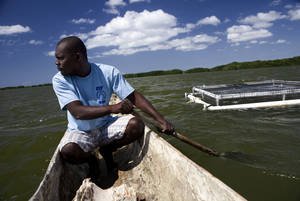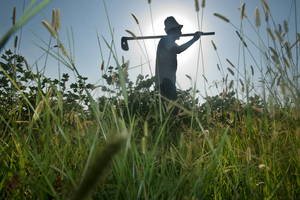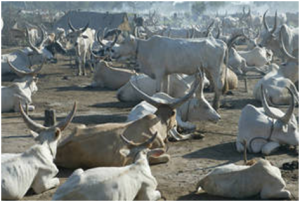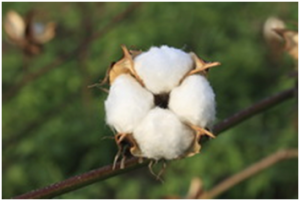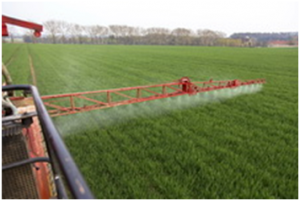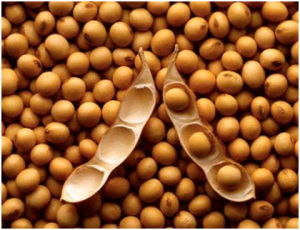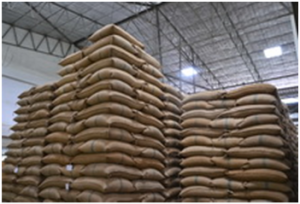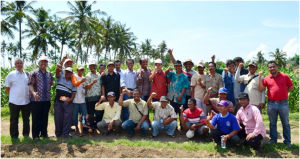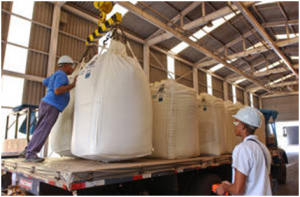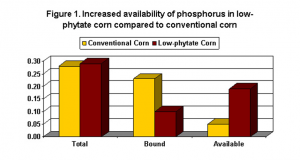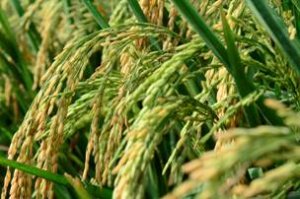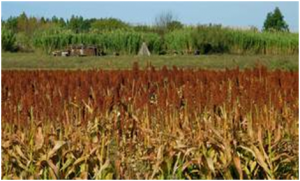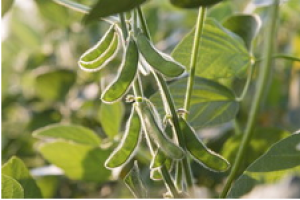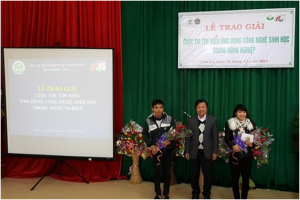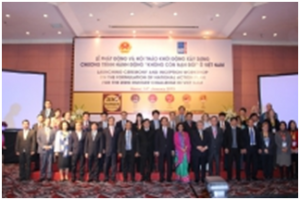|
A floating threat: sea containers spread pests and diseases
Saturday, 2016/08/20 | 05:32:18
|
|
International Plant Protection Convention grapples with challenges of globalized trade.
Figure: Containers pile up in the Italian port of Salerno.
FAO 17 August 2016, Rome -- Oil spills garner much public attention and anguish, but "biological spills" represent a greater long-term threat and do not have the same high public profile.
It was an exotic fungus that wiped out billions of American chestnut trees in the early 20th century, dramatically altering the landscape and ecosystem, while today the emerald ash borer - another pest that hitch-hiked along global trade routes to new habitats - threatens to do the same with a valuable tree long used by humans to make tool handles, guitars and office furniture.
Perhaps the biggest "biological spill" of all was when a fungus-like eukaryotic microorganism called Phytophthora infestans - the name of the genus comes from Greek for "plant destroyer" - sailed from the Americas to Belgium. Within months it arrived in Ireland, triggering a potato blight that led to famine, death and mass migration.
The list goes on and on. A relative of the toxic cane toad that has run rampant in Australia recently disembarked from a container carrying freight to Madagascar, a biodiversity hotspot, and the ability of females to lay up to 40,000 eggs a year make it a catastrophic threat for local lemurs and birds, while also threatening the habitat of a host of animals and plants. In Rome, municipal authorities are ramping up their annual campaign against the tiger mosquito, an invasive species that arrived by ship in Albania in the 1970s. Aedes albopictus, famous for its aggressive biting, is now prolific across Italy and global warming will make swathes of northern Europe ripe for colonization.
This is why the nations of the world came together some six decades ago to establish the International Plant Protection Convention (IPPC) as a means to help stem the spread of plant pests and diseases across borders boundaries via international trade and to protect farmers, foresters, biodiversity, the environment, and consumers.
"The crop losses and control costs triggered by exotic pests amount to a hefty tax on food, fibre and forage production," says Craig Fedchock, coordinator of the FAO-based IPPC Secretariat. "All told, fruit flies, beetles, fungi and their kin reduce global crop yields by between 20 and 40 percent," he explains.
See more details: http://www.fao.org/news/story/en/item/412511/icode/ |
|
|
|
[ Other News ]___________________________________________________
|


 Curently online :
Curently online :
 Total visitors :
Total visitors :
(17).png)
